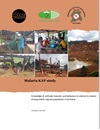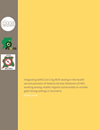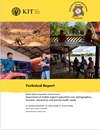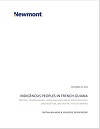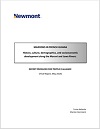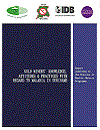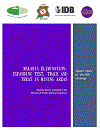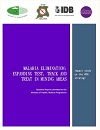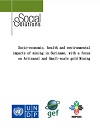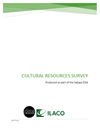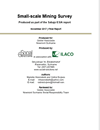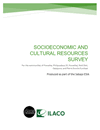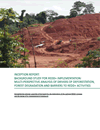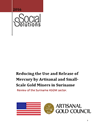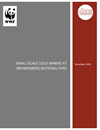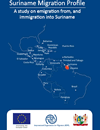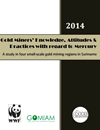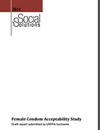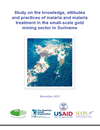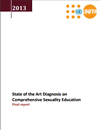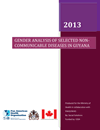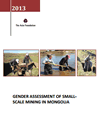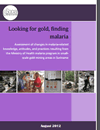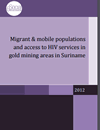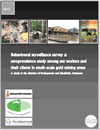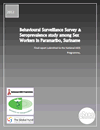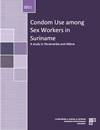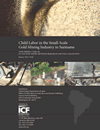Behavioural surveillance survey & sero-prevalence study among sex workers in Paramaribo, Suriname. National AIDS Program, Ministry of Health, Suriname - 2012
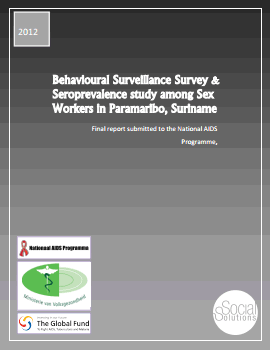
SUMMARY:
This report presents the results of a Behavioural Surveillance Survey and seroprevalence study among male and female sex workers in Paramaribo, Suriname, South America. Fieldwork was conducted between November 2011 and February 2012. A quantitative survey was conducted with 317 sex workers in clubs, streets, and massage salons in Paramaribo, among whom 255 women and 62 men.
The researchers concluded that age, gender, and nationality shape sexual behaviour and HIV&AIDS knowledge among sex workers. These factors, in turn, interfering with condom use, correct condom use practices, and strategies used after condom rupture. The results suggested that discussions about condom use were affected by with whom the sex worker had sex, the type of sexual contact, and the use of alcohol and/or drugs. Surveyed sex workers displayed various behaviours that increased the risk of condom failure, including: wrongly putting on the condom; using two condoms on top of one another; using vaginal washes to become tight and dry; and not using water-based lubricant. Most sex workers had decent knowledge of HIV&AIDS but they needed to know what to do after condom failure. Particularly foreign sex workers were poorly informed about where to go for HIV&AIDS information, testing and counselling, and support for HIV+ people.


